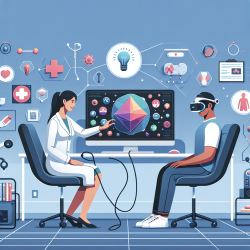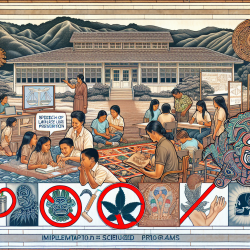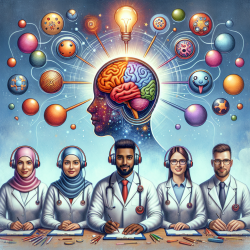Unlocking the Potential of Video Games in Medical Education
In the realm of medical education, the integration of new media technologies, particularly video games, is gaining traction. A recent study titled "Medical student attitudes toward video games and related new media technologies in medical education" reveals promising insights that can significantly impact how we approach learning and skill development in the medical field.
The Study: Key Findings
The study involved 217 medical students from two American universities, aiming to understand their experiences and attitudes towards video games and new media technologies in education. The findings were striking:
- 98% of respondents liked the idea of using technology to enhance healthcare education.
- 96% believed that education should make better use of new media technologies.
- 80% acknowledged the educational value of video games.
- 77% expressed willingness to use multiplayer online healthcare simulations if they were engaging and goal-oriented.
Implications for Practitioners
For practitioners, these findings underscore the importance of incorporating new media technologies into educational frameworks. Here’s how you can leverage these insights:
- Enhance Engagement: Utilize video games and simulations to make learning more interactive and engaging. This approach aligns with the preferences of modern learners who favor experiential learning.
- Develop Skills: Multiplayer simulations can be designed to improve specific skills, such as patient interactions and problem-solving, which are crucial in medical practice.
- Foster Collaboration: Encourage collaborative learning through multiplayer games, which can simulate real-world scenarios and enhance teamwork skills.
Gender Considerations in Game Design
The study also highlighted significant gender differences in game preferences and attitudes. Males were more inclined towards competitive and strategy games, while females preferred puzzle games. This suggests a need for inclusive game design that caters to diverse cognitive strengths and preferences.
Future Directions
The potential of video games in medical education is vast, but further research is necessary to refine these tools and maximize their impact. Practitioners are encouraged to explore how these technologies can be tailored to specific educational needs and how they can be integrated into existing curricula.
To read the original research paper, please follow this link: Medical student attitudes toward video games and related new media technologies in medical education.










